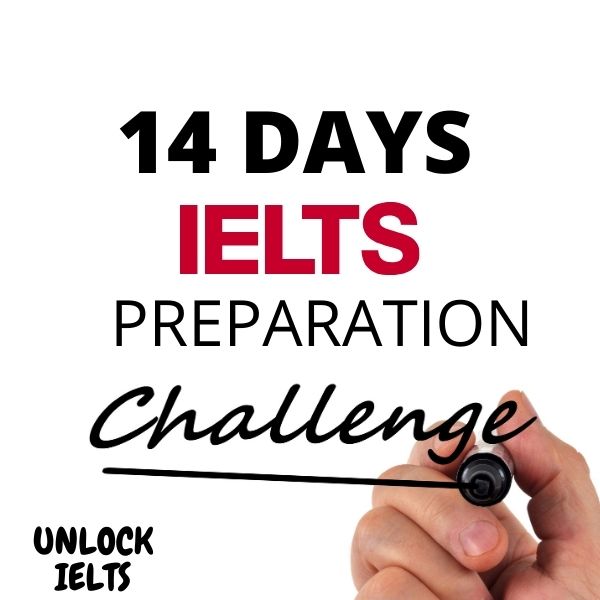Writing sections account for the third task that the IELTS aspirants need to complete in the IELTS test. Akin to the reading section, the writing task splits into Academic and General IELTS tests.
Many students end up scoring 6 or 6.5 even after rigorous practice sessions. And it is indeed frustrating.
For getting through with the writing test, you need to flex your muscles and do the hard work!
Quickly explore these 5 tips to improve your IELTS writing:
- Refrain from copying the Exam Question
The introduction is something that sets an impression about the complete article you are about to write. Therefore, avoid casting a poor impression by copying the question in your introduction, and pick up the lead by writing a background statement, paraphrase the question, and discuss your opinion on the topic in the introduction.
Paraphrasing involves writing the question in a different language. Explain the exam question in your words to get the examiner’s attention.
You can use thoughtful keywords like, in my opinion, and this essay discusses to provoke the interest of the reader/ examiner.
- Cite Examples
Examples are a necessary piece of any content as it lends a sense of authenticity to the point and proves your point. For citing examples, you can use keywords like - For instance, for example, and To Illustrate. Examples are the crust of any writing task and strengthen the overall structure of the write-up. To support your point, consider using it.
- Use Complex Sentences
A complex sentence is a sentence that includes one independent clause and at least one dependent clause. For example- you will definitely lose if you don’t try it. Here “if” accounts for subordinate conjunction support the statement.
The complex sentences help in amalgamating the ideas in an interesting way and helps in avoiding repetition. It strengthens the grammar and improves accuracy. You can use the words – as, in addition, furthermore, apart from that, although, despite, Nonetheless, whereas, Because, Consequently, as a result, etc. to make your context more meaningful.
- Don’t use “Very” too often
When you are an aspiring IELTS applicant, excellent vocabulary is a must. Including words like “very” frequently in the write-up can cause your impression of the examiner.
Here are some common words that can be replaced with something more specific:
- Very expensive- costly, extravagant
- Very famous- prominent, legendary
- Very Few -Scarce, neglible
Instead of using “very”, you can focus on writing synonyms of the same word. It will help you achieve an edge over the competitors and grab the attention of your examiner. If you are on your way to score beyond 7, it’s time to pull up your socks and work on vocabulary.
- Conclusion - The soul of the write-up
Conclusion accounts for the soul of your write-up. It is a brief about what you have discussed so far in the article. You can begin your conclusion using either “to conclude” or “in conclusion” to support your point. Having a proper beginning and ending is imperative to stand out among the rest. Therefore, by using these words, you can make your conclusion a powerful and impactful one.
In a nutshell, for achieving a 7+ band score in writing, you need to be thorough with the sentence formation, introduction structure, paragraph structure, and of course, the vocabulary. Hope these tips will help you understand how you can improve and score above 7 in your writing task. For more details, you can subscribe to Unlock IELTS with Richa.













Write a public review